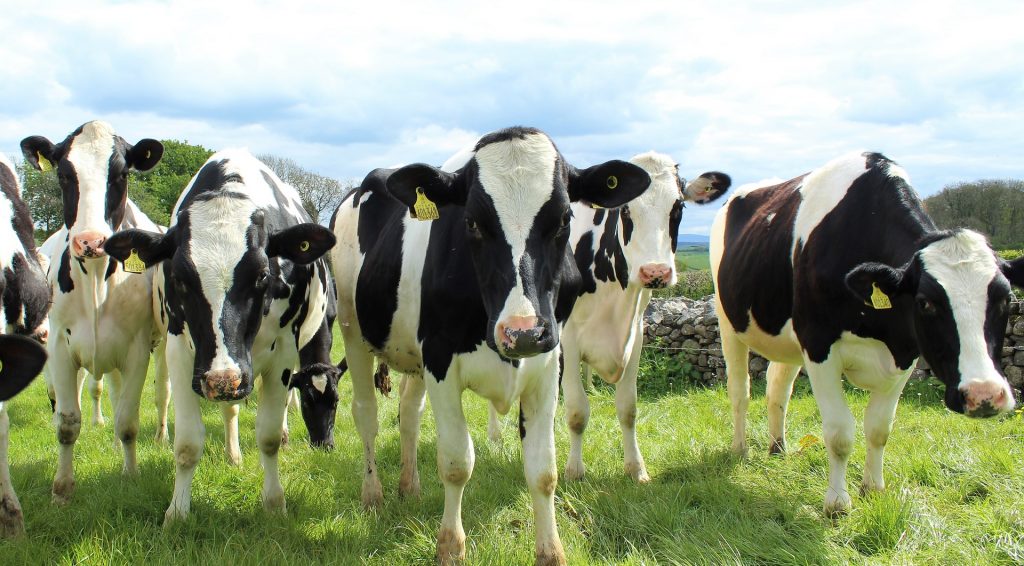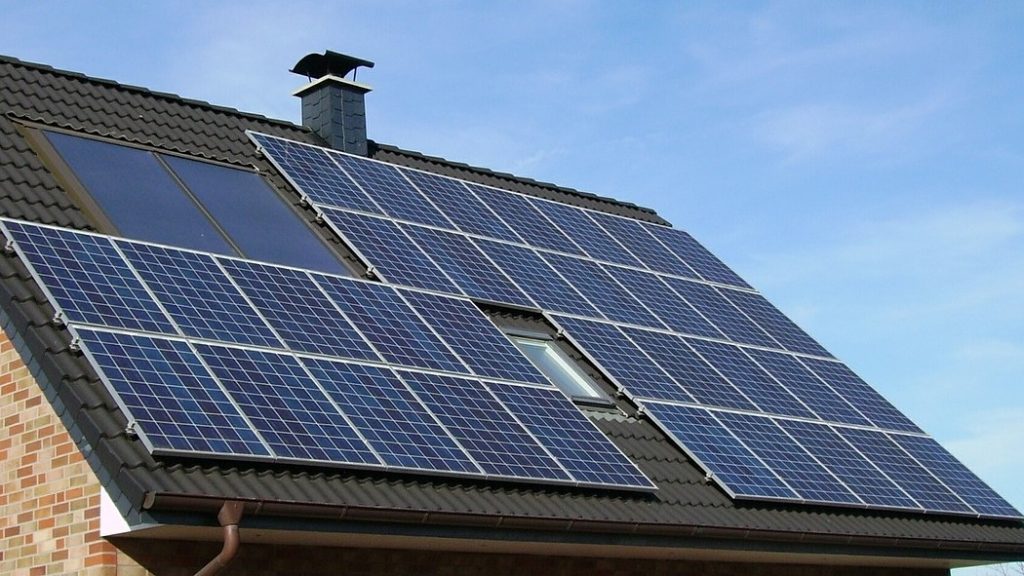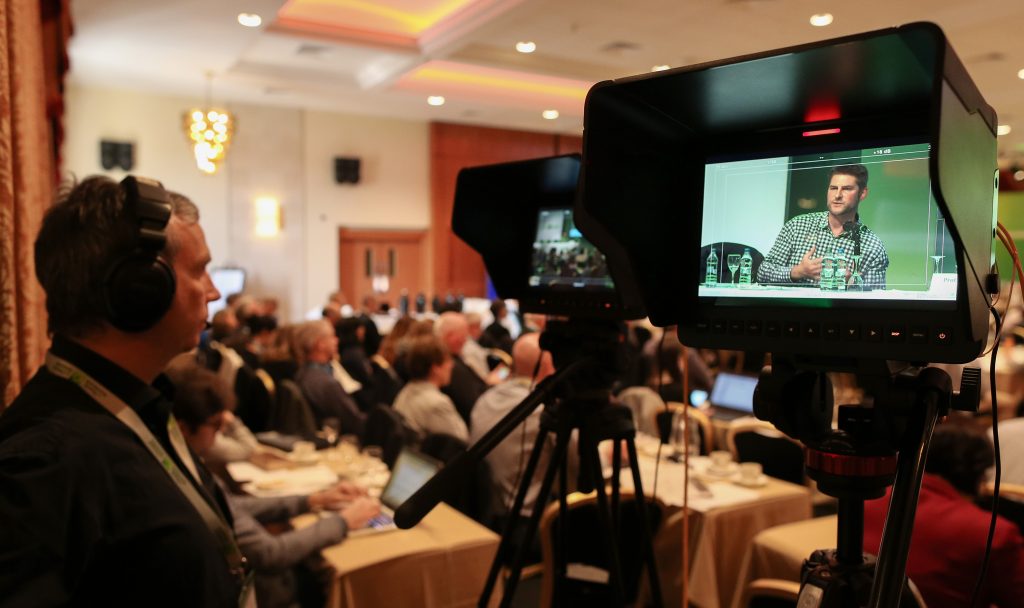Citizens’ Assembly votes for radical overhaul of Irish climate change policy

November 5th, 2017
The Citizens’ Assembly voted this afternoon in favour of a radical overhaul in how the Irish State tackles climate change.
Following two weekends of deliberation, the Assembly voted for recommendations such as the establishment of a carbon tax on agricultural emissions, the phasing out of peat subsidies and increased spending on sustainable public transport.
The 13 recommendations were prepared following consultation with the Assembly’s Expert Advisory Group and feedback from the 75 Assembly members.
Members also voted for the establishment of a new well-funded independent body with a broad range of functions and powers to urgently address climate change.
This body would propose ambitious five-year national and sectoral targets for emissions reductions and, importantly, have the power to legally challenge the State if it fails to “live up to its legal obligations relating to climate change”.

TCD Professor Alan Matthews’ has called for a carbon price signal for agriculture. Photo: CallyL
Carbon Taxation
The Assembly also voted for a higher carbon tax with revenue to be ring-fenced for the likes of making solar panels more cheaply available, retrofitting homes and putting flood defenses in place.
Any increase in taxation would not have to be paid by the 400,000 households currently in receipt of fuel allowance.
The Assembly also supported the proposal of Trinity College Dublin’s Professor Alan Matthews for a carbon price signal for agriculture.
Prof Matthews said that the carbon price signal could come in the form of a tax on excessive emissions and/or a subsidy to reward farmers who move to sequester additional carbon on their land.
The Assembly agreed that any revenue raised through a carbon tax should go toward supporting “climate-friendly agricultural practice”.
The Assembly also voted in favour of a recommendation to review and revise supports for land use diversification, in particular, for planting forests and encouraging organic farming.
The State should also introduce mandatory measuring and reporting of food waste at every level of the food distribution and supply chain, the Assembly agreed.
One in eight people experiencing food poverty in Ireland as we simultaneously waste 1.1 million tonnes of food. It is estimated that €700 worth of food is thrown out annually in each Irish household.

Rooftop Solar Photo: skeeze
Energy Production
The Assembly also voted for the state to enable citizens producing renewable energy through the likes of rooftop solar to sell additional energy back to the grid.
Support for microgeneration from farmers, small business and householders were excluded in the latest draft of the Renewable Electricity Support Scheme (RESS).
The Government said that it is leaving out micro-scale generation as it is “more cost-effective” to focus on medium and large-scale projects.
The Assembly also voted for greater levels of community ownership in all future renewable energy projects by making it mandatory for developer-led projects to offer communities share options.
Earlier this week, the Green Party launched a new Bill to “empower” local communities to purchase up to 30 per cent of all new local renewable energy developments.

Train with milled peat for Edenderry Powerstation Photo: Peter Mooney
End to the Peat Subsidy
Echoing the call from the Chair of the Climate Change Advisory Council Professor John Fitzgerald during the morning session, the Assembly voted for an end to the peat subsidy, but on a five-year phased basis.
During the first weekend of deliberations, EPA Director, Laura Burke said that peat harvesting is a “triple negative hit” as extraction and burning releases carbon, while also diminishing our “largest store of carbon”.
Peat extraction receives €120 million in subsidies every year through the Public Service Obligation (PSO) levy on electricity consumers.
Assembly members want to Government to instead use this money for peatland restoration and retraining industry workers in the transition away from peat extraction.
Oisin Coghlan of Stop Climate Chaos (SCC) warned, however, that any phase-out must include subsidies for biomass co-firing alongside peat, which he says is “clearly an incentive for extraction”.
There is problem with Q7 of the #CitizensAssembly ballot on peat.Ending peat subsidies won't end extraction. Gov plans new biomass subsidies pic.twitter.com/JvliXk9dLg
— Oisín Coghlan (@OisinCoghlan) November 5, 2017
Support for peat burning at Bord na Mona’s Edenderry power station has already been phased out and subsidies for the two ESB facilities in the Midlands in West Offaly and Lough Ree will expire in 2019.
However, the Edenderry plant has received support for co-firing with biomass through the PSO-funded Renewable Energy Feed-in Tariff (REFIT) since December 2015. The plant is guaranteed a tariff price under REFIT until December 2030.
Together with the Environmental Pillar, SCC outlined 18 practical policy actions in its submissions to the Assembly, including setting an end date for all peat burning.
Mr Coghlan said that the recommendations put forward by the Assembly won’t take us from climate “laggard to leader” but would at least allow Ireland “to aspire to being average”.
“[The Recommendations] are mostly about playing catch-up with our European neighbours. If adopted and implemented they would end nearly a decade of Government inaction,” he added.

Dublin Bikes Photo: ptrabattoni
Transport
The Assembly agreed that the number of bus lanes, cycle lanes and park and ride facilities should be “greatly increased in the next five years”.
The Assembly also wants to see the Government prioritise spending on public transport over new road infrastructure spending at a ratio of no less than two-to-one.
Kevin O’Farrell of Cyclist.ie – the Irish Cycling Advocacy Network said that the Assembly clearly understand that investment in active transport and sustainable public transport are key to getting people out of their cars.
“Giving people more mobility choices will greatly assist the needed behavioural change with the added benefits far outweighing the costs,” he added.
A Recommendation to increase the market share of electric vehicles was also supported, including better charging infrastructure, help-to-buy schemes, and an increase in both the petrol and diesel levy.

The meeting of Citizens Assembly on Saturday November 4th at Grand Hotel, Malahide Photo: MAXWELL’S
Next steps
The recommendations will now form the basis of a report to go before the houses of the Oireachtas for debate.
If the Government accepts a recommendation, it must provide a time frame for the holding of any related referendum.
Labour Party spokesperson on the Environment, Senator Ivana Bacik, said that the State must not shirk from responsibilities and take bold policy steps to tackle climate change.
“The Earth’s climate has been changing rapidly, and its impact can be seen on a local and global level,” she added.
“There is a window of opportunity available to us, which we must act on now with a vision to create a greener, healthier, and more sustainable Ireland.”
[x_author title=”About the Author”]







